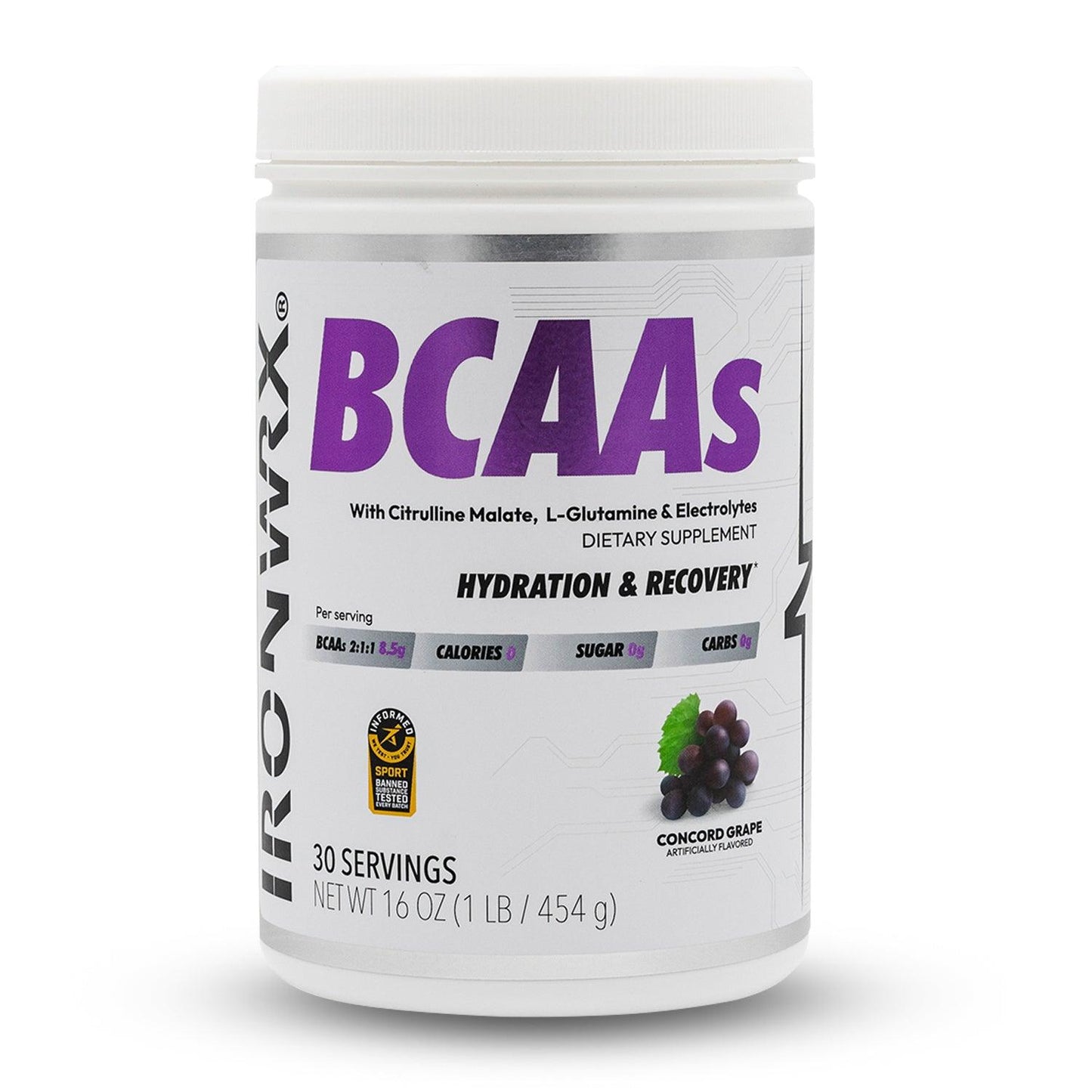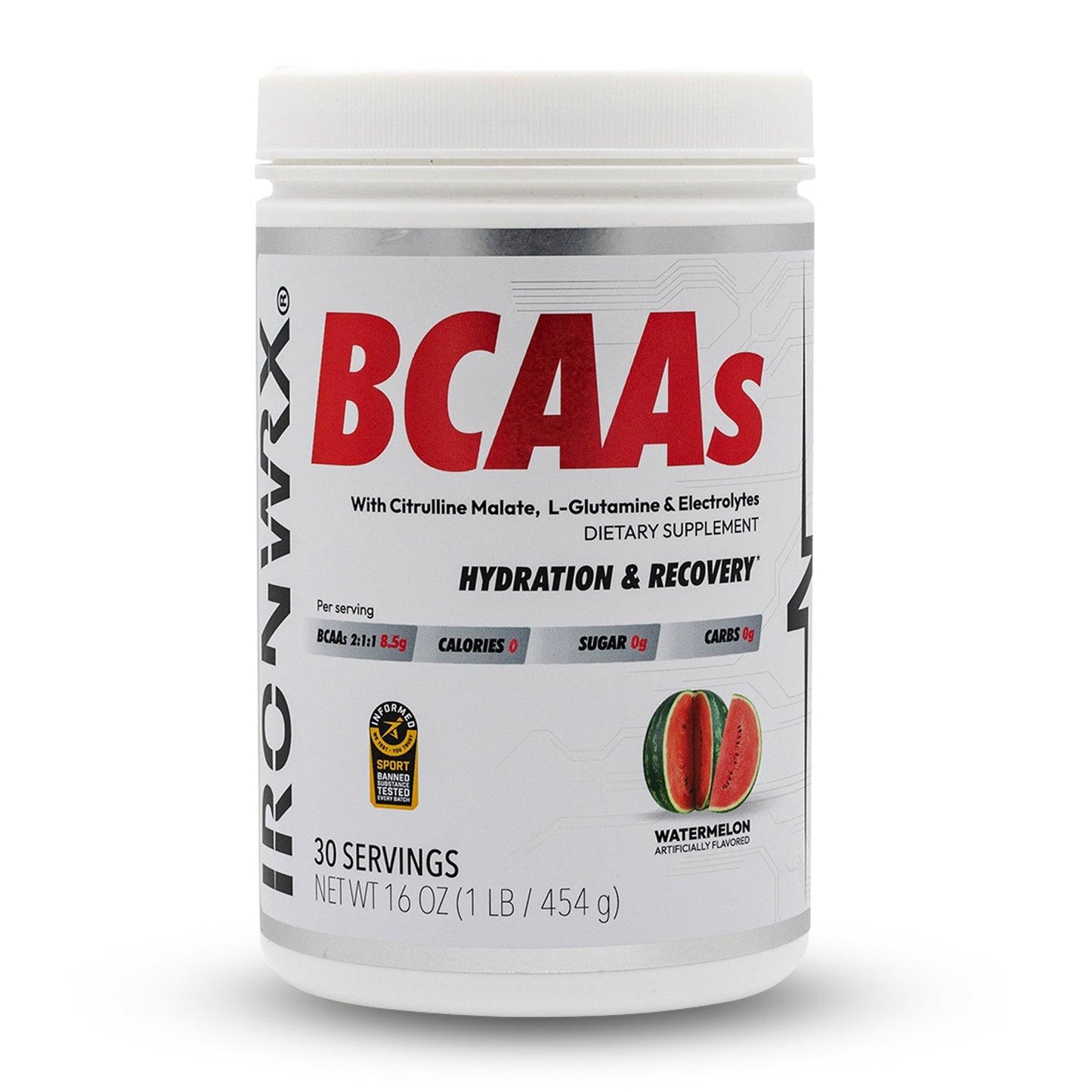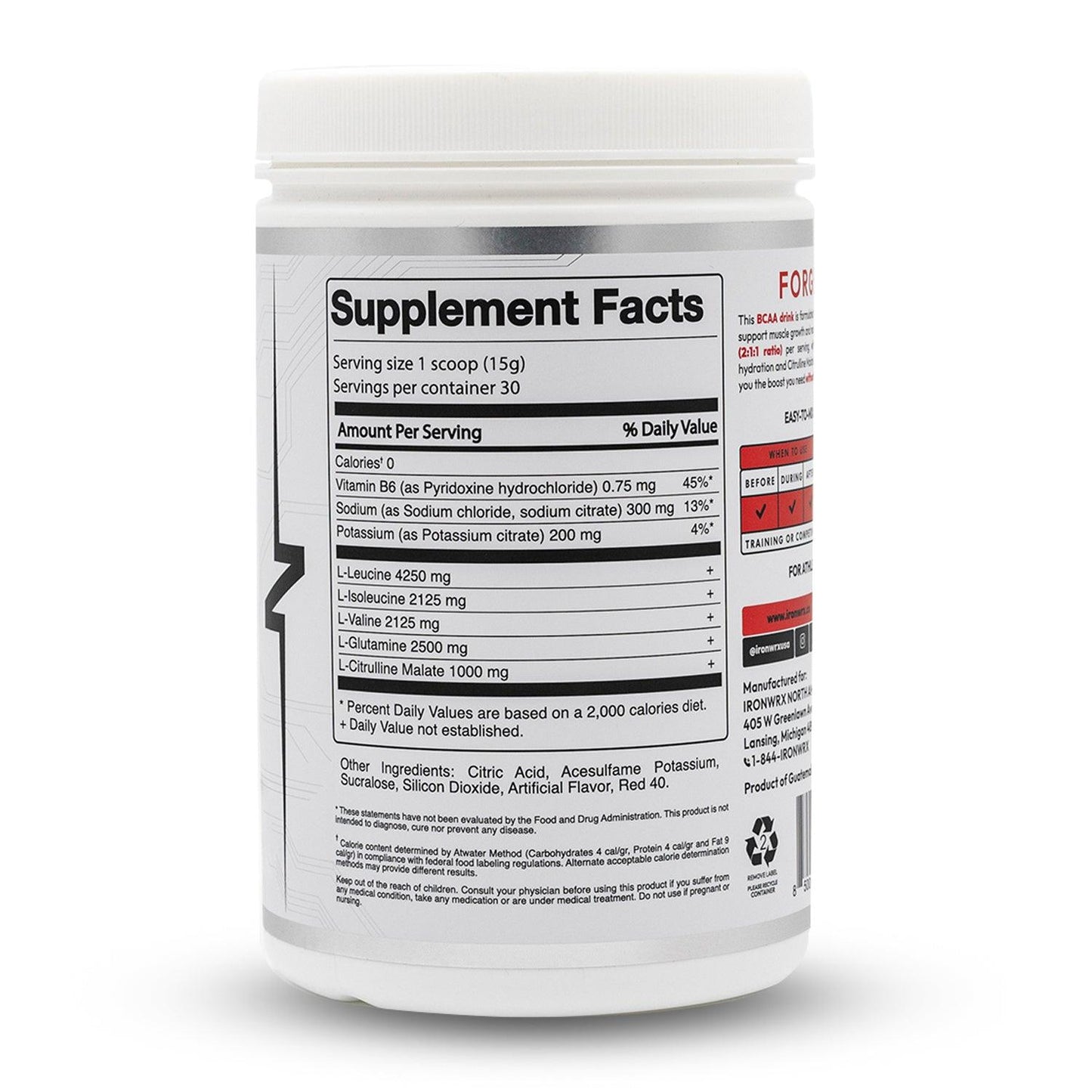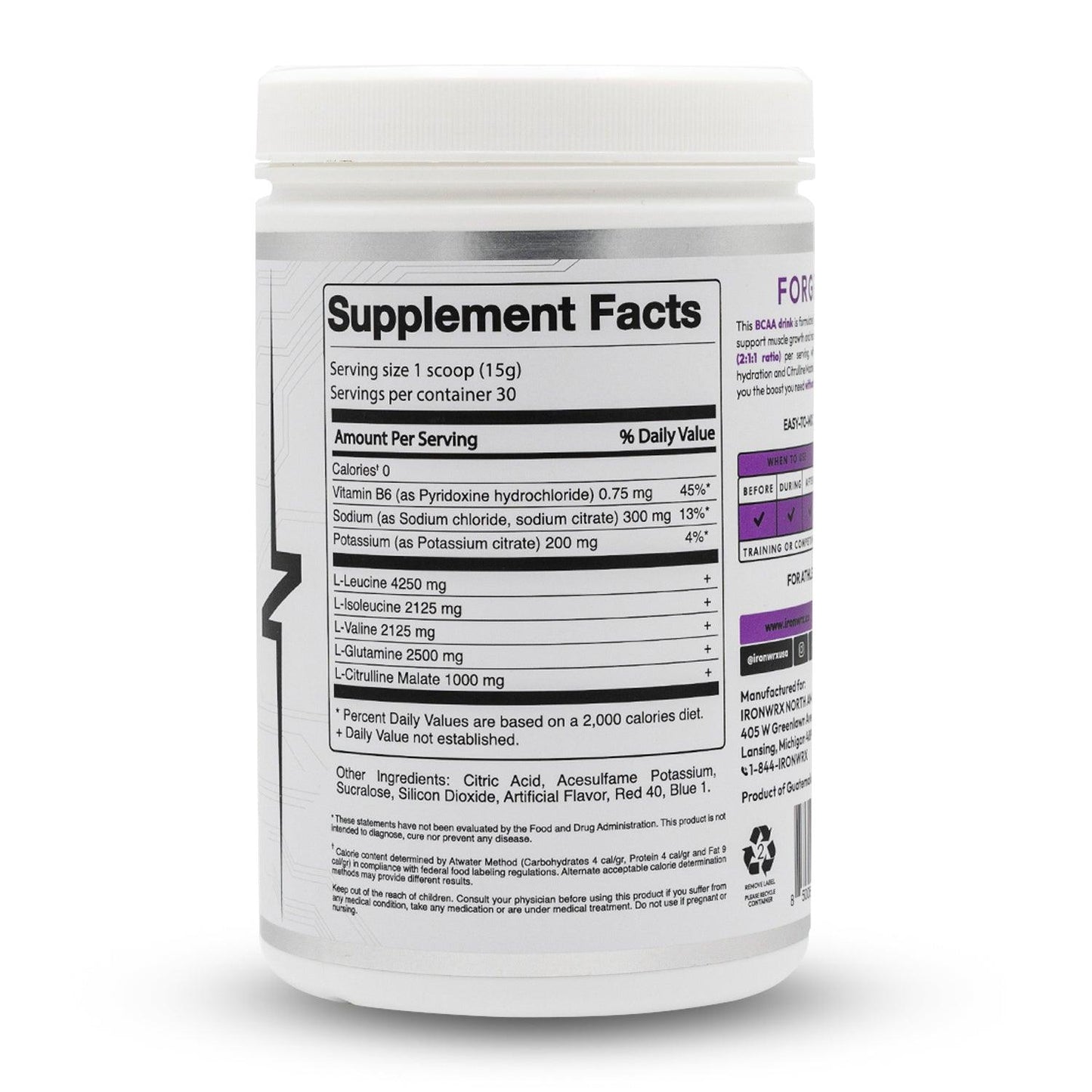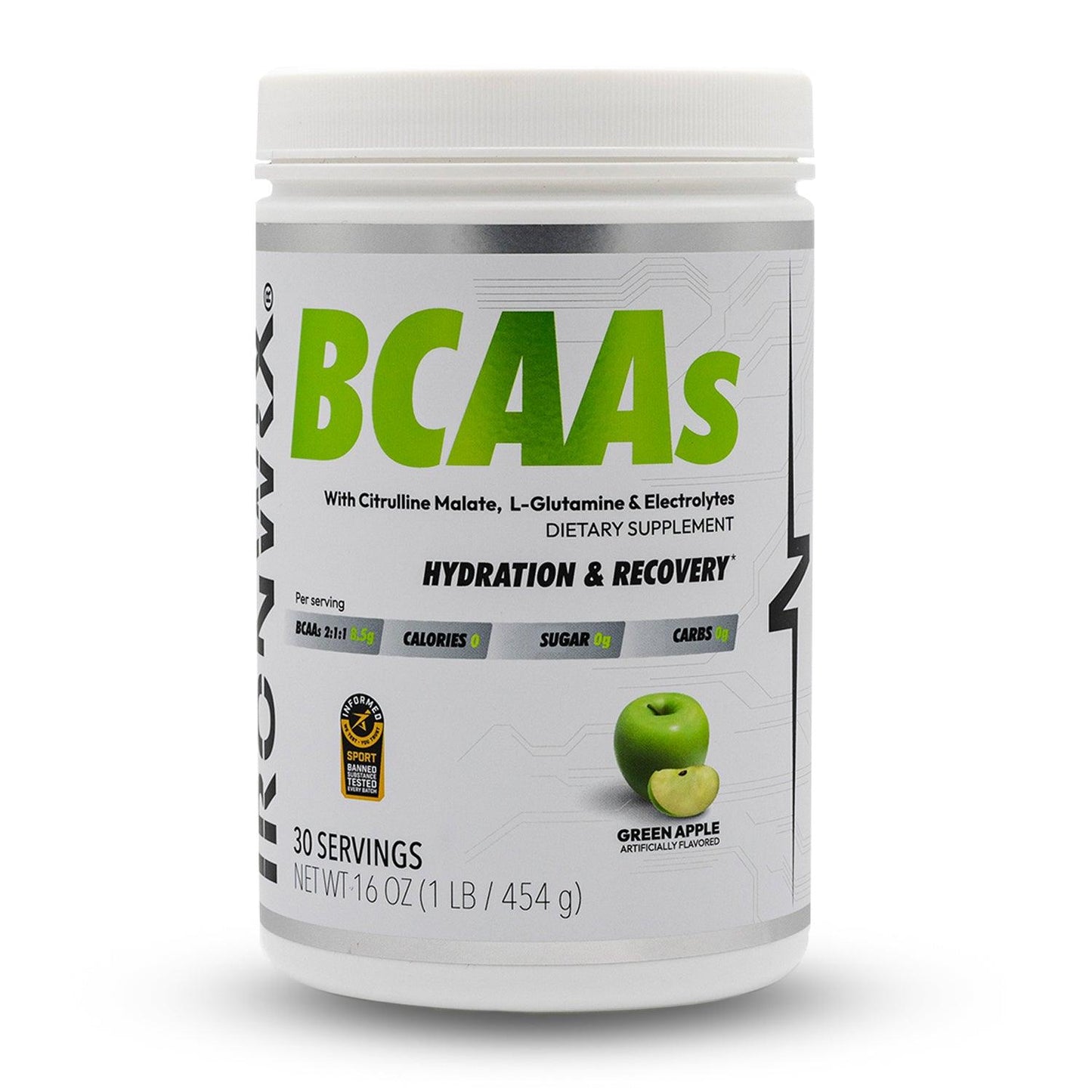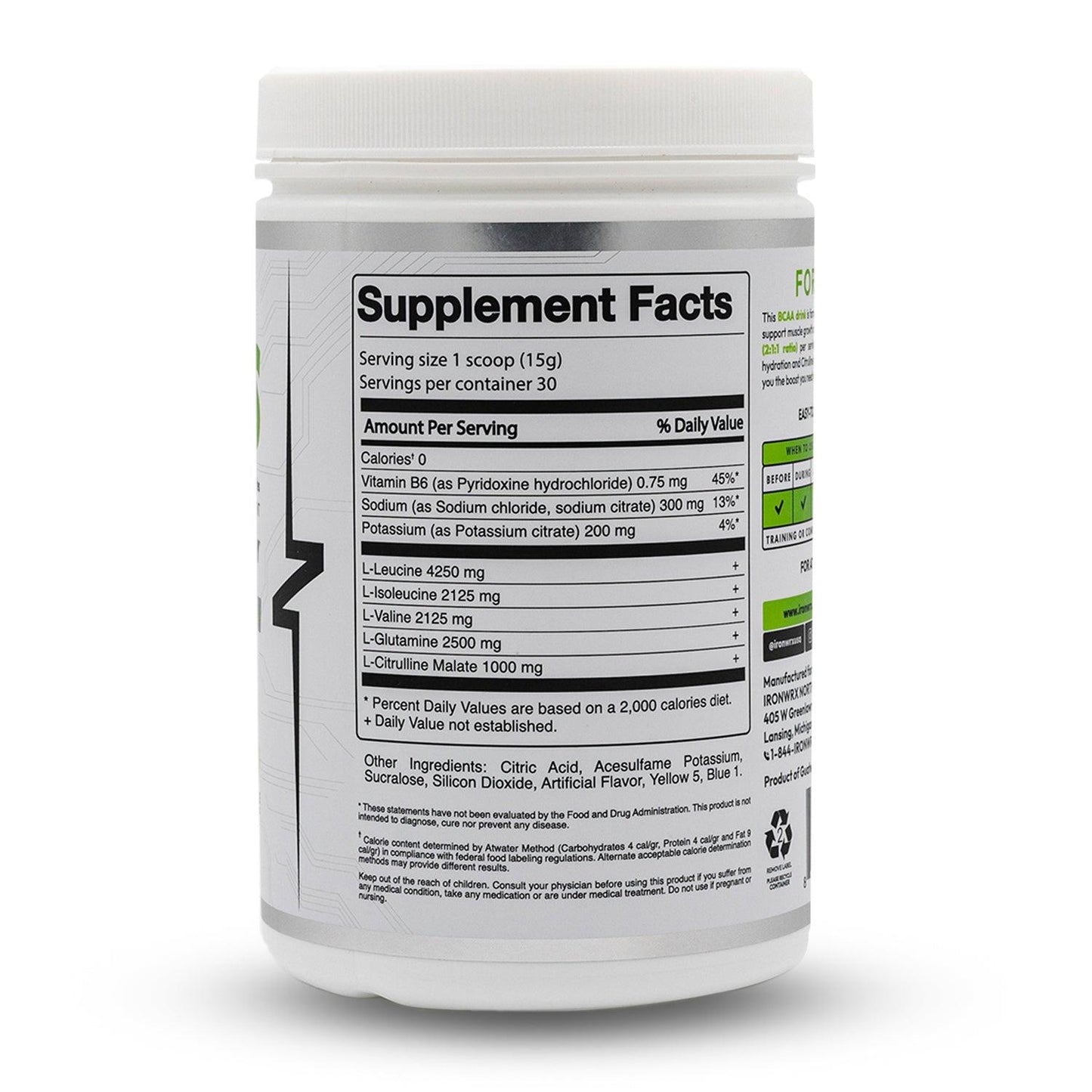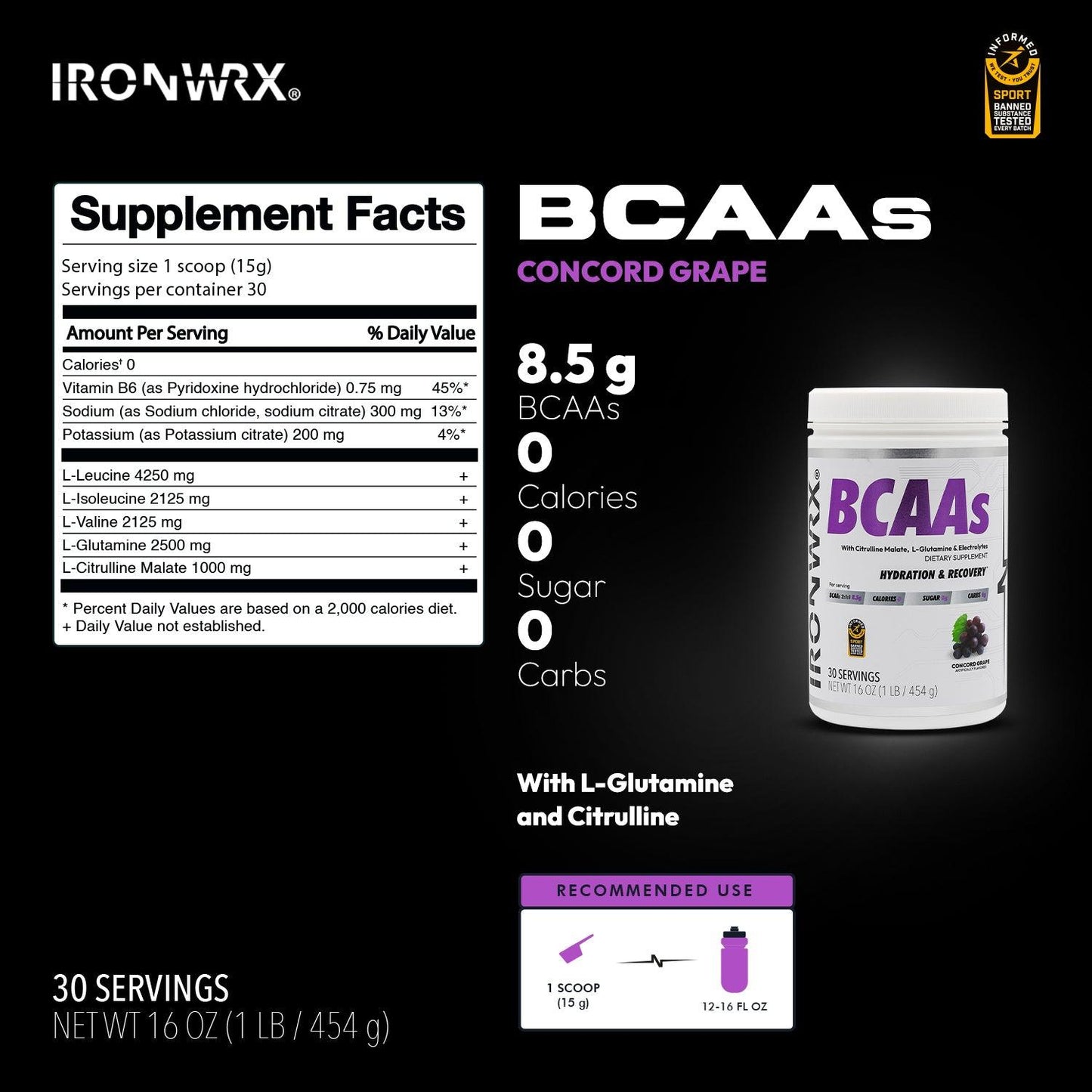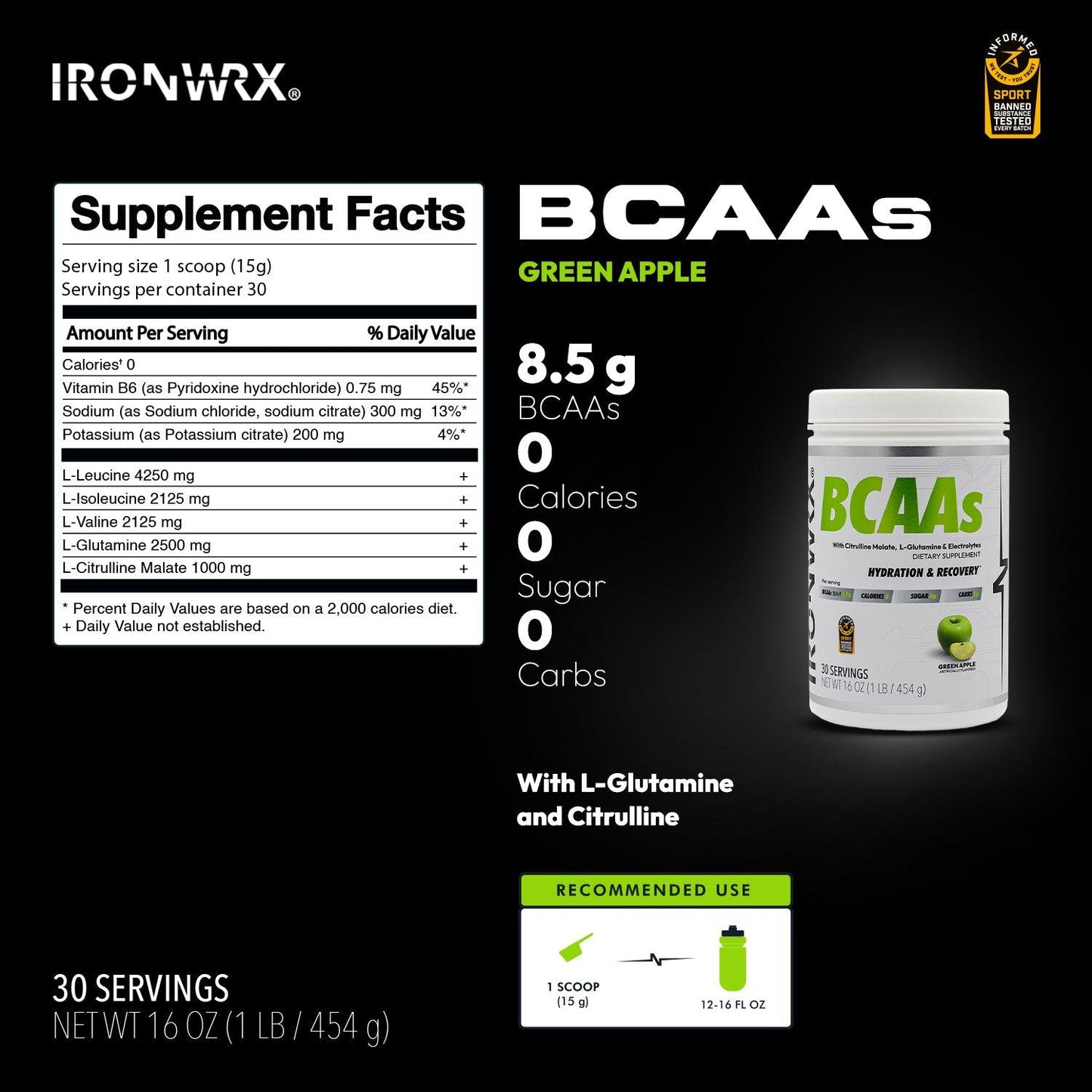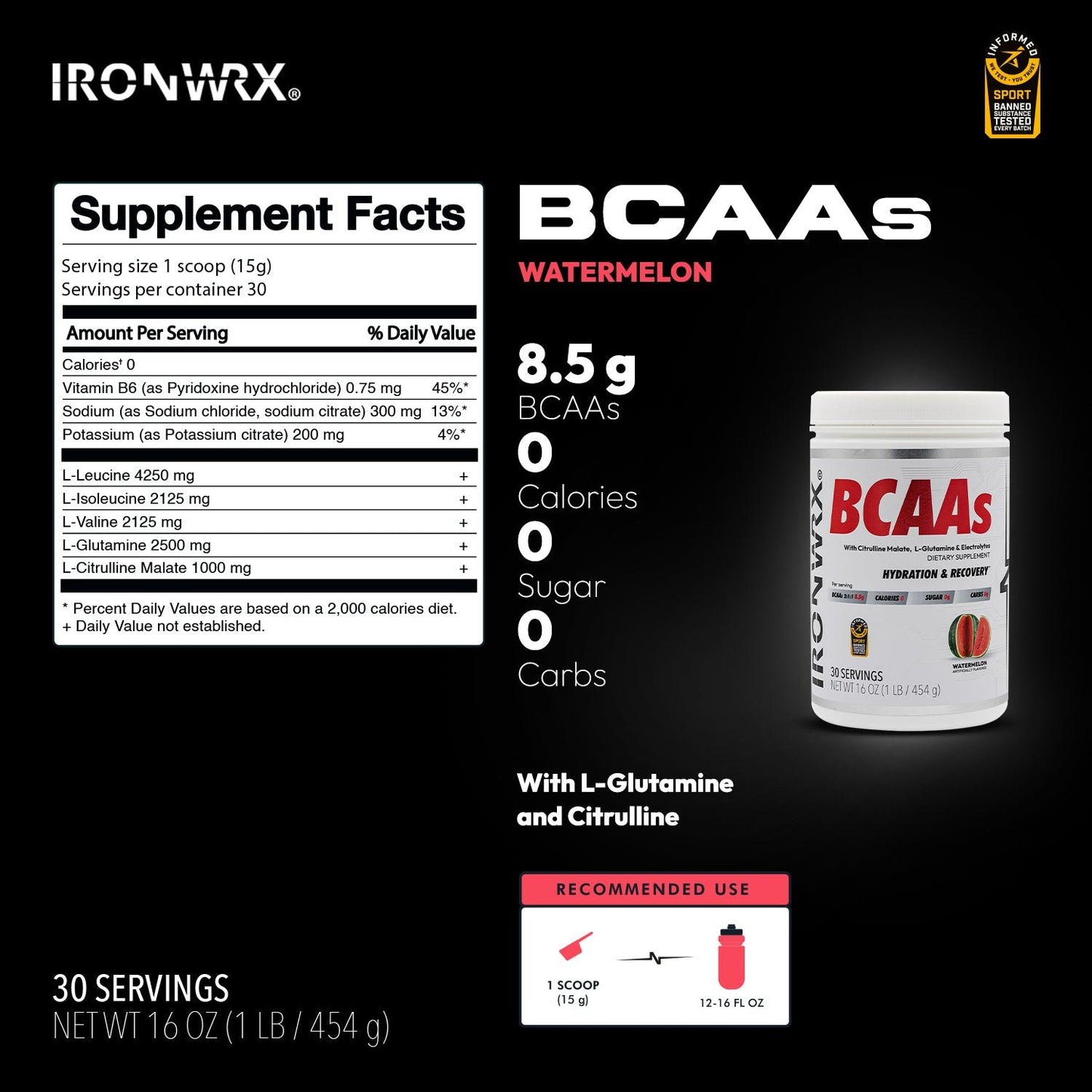
BCAA FAQ's
What are BCAAs?
Branched-chain amino acids (BCAAs) are a group of three essential amino acids: leucine, isoleucine, and valine. They are essential because your body cannot produce them on its own, and you must get them from your diet. BCAAs are found in many protein sources, but they are particularly concentrated in whey protein.
What are the benefits of BCAAs?
BCAAs are popular among athletes and fitness enthusiasts because they are thought to promote muscle growth, improve exercise performance, and reduce muscle soreness.
- Muscle growth: BCAAs, particularly leucine, stimulate muscle protein synthesis, which is the process by which your body builds muscle.
- Exercise performance: BCAAs may help to reduce fatigue during exercise and improve endurance.
- Muscle soreness: BCAAs may help to reduce muscle soreness after exercise.
Who can benefit from BCAAs?
Athletes, fitness enthusiasts, and people who are trying to build muscle can all potentially benefit from BCAAs.
How much BCAA should I take?
The recommended dosage of BCAAs varies depending on your individual factors such as weight, activity level, and goals. It is generally recommended to consume 5-10 grams of BCAAs per day.
When should I take BCAAs?
BCAAs can be taken before, during, or after your workout. Some people also like to take them before bed to promote muscle recovery overnight.
Are there any side effects of taking BCAAs?
BCAAs are generally safe for most people when taken at recommended doses. However, high doses of BCAAs can cause some side effects, such as nausea, vomiting, and diarrhea.
Can I get BCAAs from food?
Yes, you can get BCAAs from food sources such as meat, poultry, fish, eggs, and dairy products. However, it can be difficult to get enough BCAAs from food alone, especially if you are active or trying to build muscle.
Should I take BCAAs if I am pregnant or breastfeeding?
Talk to your doctor before taking any supplements, including BCAAs, if you are pregnant or breastfeeding.
Do BCAAs interact with any medications?
BCAAs may interact with certain medications. Talk to your doctor before taking BCAAs if you are taking any medications.
Disclaimer: This information is intended for educational purposes only and should not be taken as medical advice. Always consult with a healthcare professional before starting any new supplements or making changes to your diet.
IRONWRX
BCAA Powder with L-Glutamine & Citrulline Malate – 8g BCAAs, Zero Sugar | IRONWRX
Share
